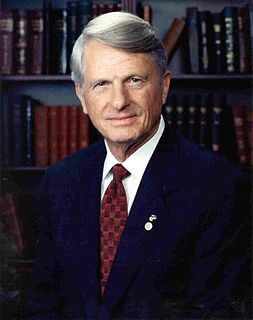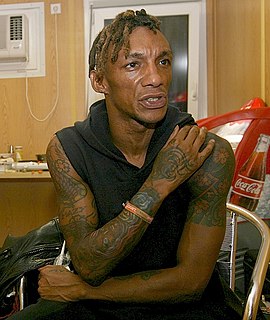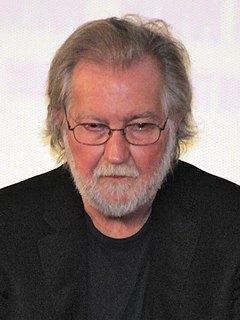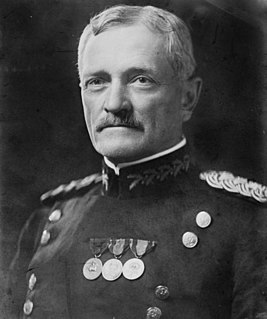A Quote by John F. Kerry
In the middle of the cavernous cargo hold was a simple, aluminum coffin with a small American flag draped over it. We were bringing another American soldier, just killed, home to his family and final resting place. The starkness of his coffin in the center of the hold, the silence except for the din of the engines, was a real time cold reminder of the consequences of decisions for which we Senators share responsibility.
Quote Topics
Aluminum
American
American Flag
American Soldier
Another
Bringing
Cargo
Center
Coffin
Cold
Consequences
Decisions
Engines
Except
Family
Final
Flag
His
Hold
Home
Just
Middle
Over
Over It
Place
Real
Real Time
Reminder
Responsibility
Resting
Resting Place
Senators
Share
Silence
Simple
Small
Soldier
Time
Were
Which
Related Quotes
It is the soldier, not the reporter, who has given us freedom of the press. It is the soldier, not the poet, who has given us freedom of speech. It is the soldier, not the campus organizer, who has given us the freedom to demonstrate. It is the soldier, who salutes the flag, who serves beneath the flag, and whose coffin is draped by the flag, who allows the protester to burn the flag.
However, displayed right alongside all the Confederate flag paraphernalia is a bunch of American flag merch – American flag place mats, patriotic “body crystals,” flag stickers you attach to your skin. Personally, I’m small-minded and literal enough that I see the two symbols as contradictory, especially in a time of war. But I fear that the consumer who buys a Confederate flag coffee cup, which she will then put on her American flag place mat, is the sort of sophisticated thinker who is open-minded enough that she is capable of hating blacks and Arabs at the same time.
An unfinished coffin on black tressels, which stood in the middle of the shop, looked so gloomy and death-like that a cold tremble came over him, every time his eyes wandered in the direction of the dismal object: from which he almost expected to see some frightful form slowly rear its head, to drive him mad with terror.
He told me that once, in the war, he’d come upon a German soldier in the grass with his insides falling out; he was just lying there in agony. The soldier had looked up at Sergeant Leonard, and even though they didn’t speak the same language, they understood each other with just a look. The German lying on the ground; the American standing over him. He put a bullet in the soldier’s head. He didn’t do it with anger, as an enemy, but as a fellow man, one soldier helping another.
Obama is not just a powerful speaker, but a thinker engaged with the ideas of his country and his age--this argument by historian James Kloppenberg should therefore fascinate anyone interested in American politics or how ideas shape public life. Tracing the influences of Obama's family, educational, and work experiences on his ideas, Reading Obama locates a unique individual in the crosscurrents of American democracy and continuing fights over American ideals.
The point I wish to make is that those things cause the soldier to remember that the people at home are behind him. You do not know how much that is going to mean to us who are going abroad. You do not know how much that means to any soldier who is over there carrying the flag for his country. That is the point which should be uppermost in the minds of those who are working for the soldier.

































